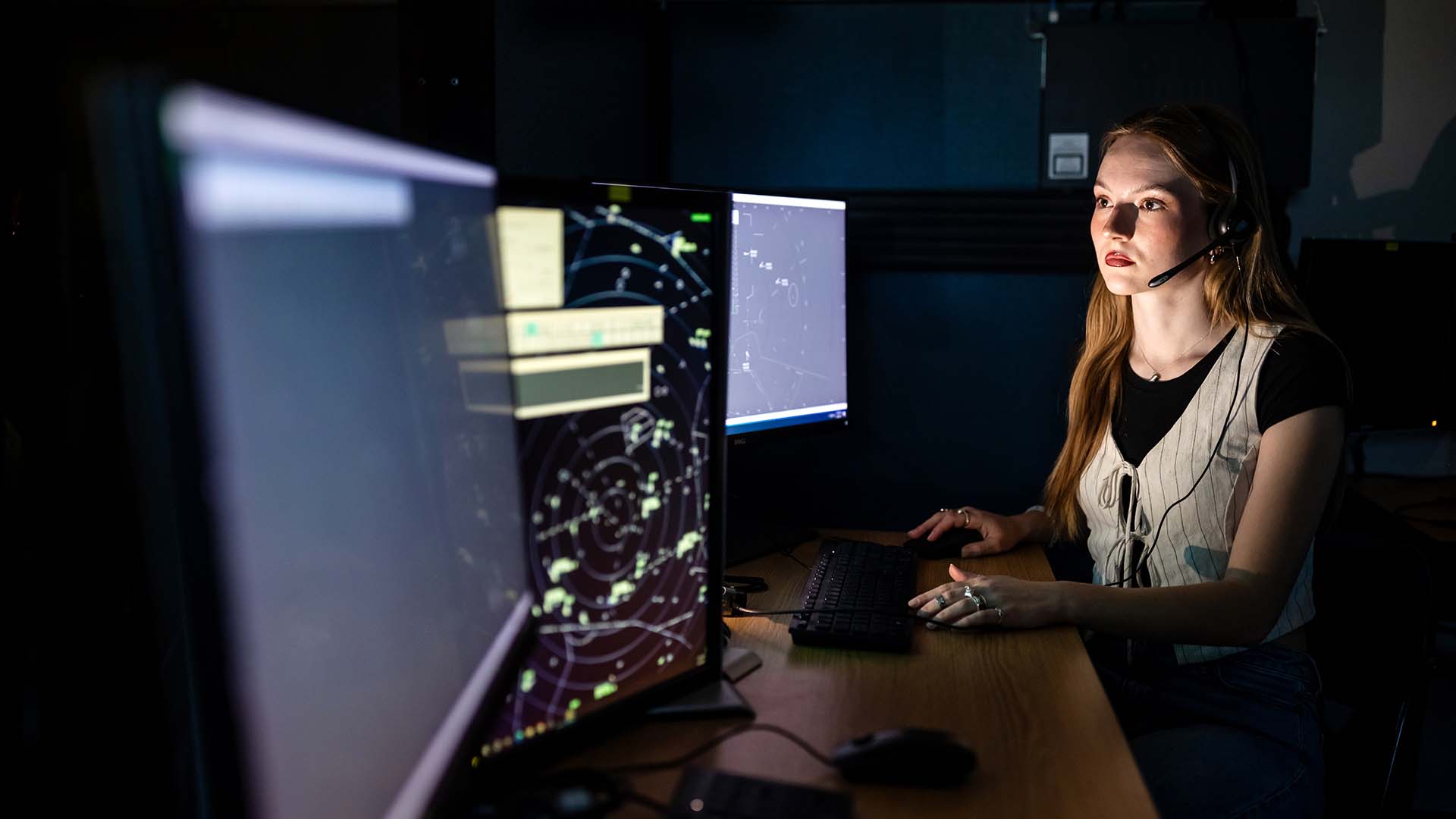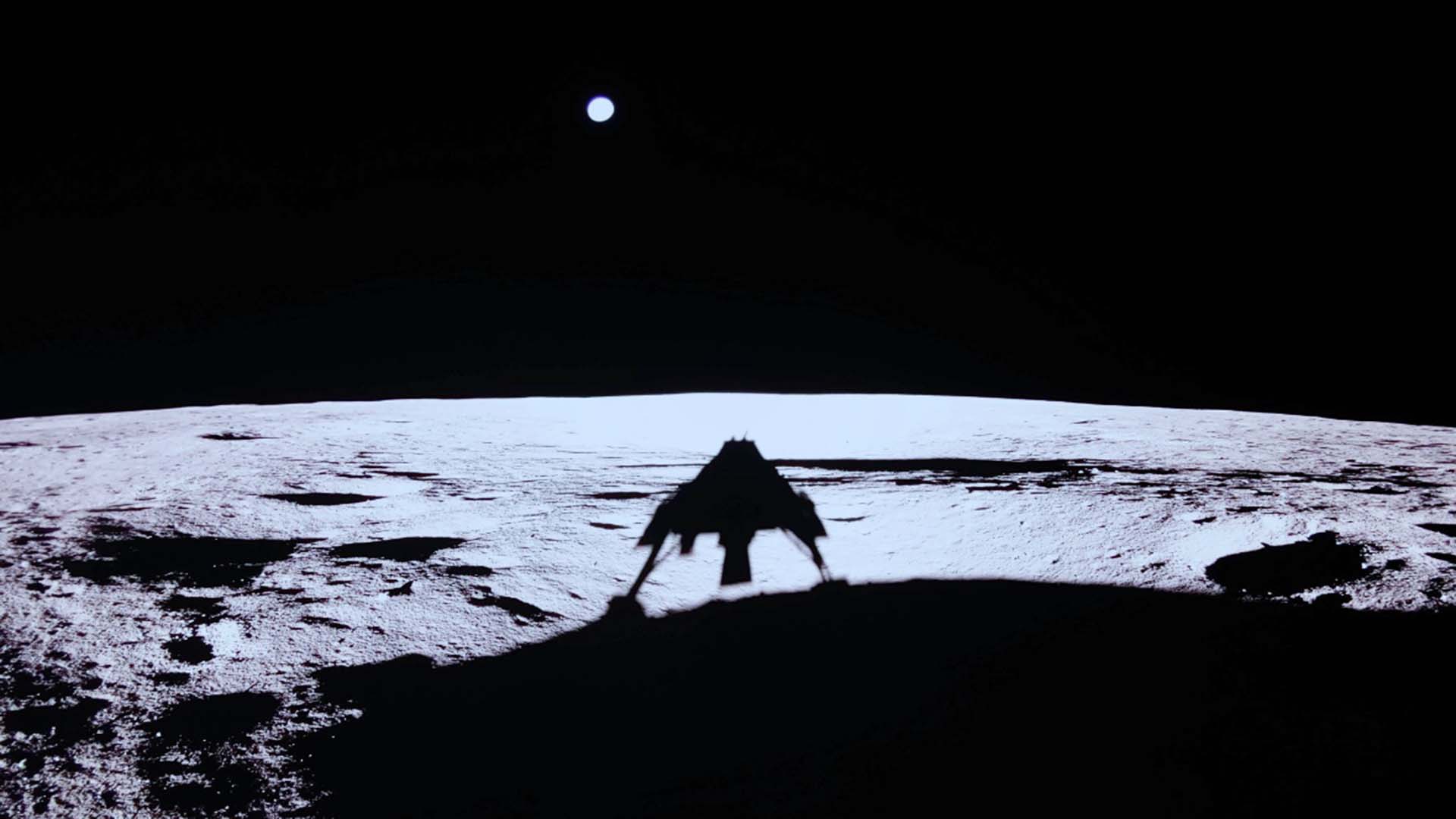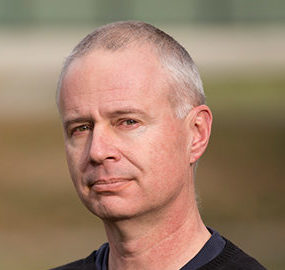Boldly going where few universities have gone before
New Lockheed Martin contract provides MSU Denver community with paid research and learning opportunities in space-related fields and beyond.

Jade Mako launched her second career in the Lockheed Martin Co-op Program at Metropolitan State University of Denver.
At 28, the Boulder native made the leap from a decadelong career in hospitality to simultaneously studying business at the University and serving as an intern in Lockheed Martin’s business-development and subcontract-management divisions.
Three years later, the 2020 graduate is a full-time subcontract administrator at Lockheed Martin Space. She recently helped facilitate a contract that will provide research and learning opportunities for other members of the MSU Denver community. The five-year Indefinite Delivery, Indefinite Quantity contract was signed May 3 and makes the University a subcontractor for Lockheed Martin, allowing students and faculty members from any discipline to provide requested services.
“This contract takes the University’s relationship with Lockheed Martin to the next level,” said Richard C. Mac Namee, director of the Cybersecurity Center at MSU Denver, who served as the University’s primary point of contact in negotiations. “We now have a streamlined process to offer the expertise of our faculty and students to one of the largest defense contractors in the world and to be paid for our work.”
Mac Namee said MSU Denver is one of only a handful of universities in the country to have such a relationship. He added that the contract helps the University realize its goal of providing career-focused learning experiences for students while helping them cover the cost of tuition and putting them on course for jobs in high-demand industries.
Mako, who understands those advantages better than most, said Lockheed Martin also benefits from the arrangement.
“By having students and faculty primed to work on projects, we are better positioned to meet our benchmarks,” she said. “We also appreciate working with a university in our community and the value of developing an even stronger talent pipeline at home.”
Mako sees opportunity for collaboration across all disciplines. She said the initial work will be focused on engineering and design in NASA-related projects but that there have been discussions about tapping Event and Meeting Management students to plan post-pandemic gatherings, among many other ideas.
“Our new agreement elevates MSU Denver as a supplier, not just an academic collaborator,” said Kevin Ettwein, vice president of production and quality at Lockheed Martin Space. “We’ve partnered with MSU Denver’s engineering programs for more than a decade, and now we can use the expertise of other departments to advance a new era in space.”

How it works
While MSU Denver has a longstanding partnership with Lockheed Martin, Mac Namee said the new contract formalizes the relationship and streamlines the collaborative process.
As director of the Indefinite Delivery, Indefinite Quantity Task Force, he will serve as the single point of contact for project requests from Lockheed Martin. The task force will review specs and coordinate with the appropriate academic department.
“Our goal is to get projects off the ground in a week,” he said, “whereas that type of process normally could take up to six months.”
Mac Namee credits the task force for its hard work on the contract over the past year. The Universitywide team includes Elizabeth Jinks and Tim Hawkins from the Office of Sponsored Research and Programs, Charli Pringle-North from the Office of the Controller and Chittibabu Govindarajulu, Ph.D., from the College of Business.
To assist Lockheed Martin in better understanding the services MSU Denver can provide, Mac Namee said, the University will host a retreat for partners this summer.
Why it matters
MSU Denver has always been a leader in providing experiential learning opportunities for students, said Mac Namee, citing the work students did for Lockheed Martin to design and produce a window prototype for the Orion spacecraft.
That type of experience has great value as a skill and résumé builder, he said, but the new contract adds compensation. The task force has defined market-value pay rates for undergraduate students, graduate students and faculty and staff members, which take into account overhead and indirect costs.

Mark Yoss, director of MSU Denver’s Advanced Manufacturing Sciences Institute, sees the contract as a template that can be replicated with other companies, in particular those that have small-disadvantaged business targets. Yoss, who worked with Lockheed Martin for 36 years before retiring in January and helped initiate the contract discussions, said the time is now to grow the workforce in science, technology, engineering and math fields. U.S. Bureau of Labor Statistics employment projections show that occupations in the STEM fields are expected to grow 8% by 2029, compared with 3.7% for all occupations.
He also noted that Lockheed Martin and other companies are always looking to diversify their talent. Working with a Minority-Serving Institution such as MSU Denver demonstrates that commitment and opens up opportunities for additional contracts with NASA and other government organizations.
For Mako, the contract represents new frontiers for students.
“I never thought I’d be working in a space program,” she said. “A lot of students go to school for business without thinking about how they might use their skills to work for a company like Lockheed Martin.
“This contract can open their eyes to better opportunities.”







